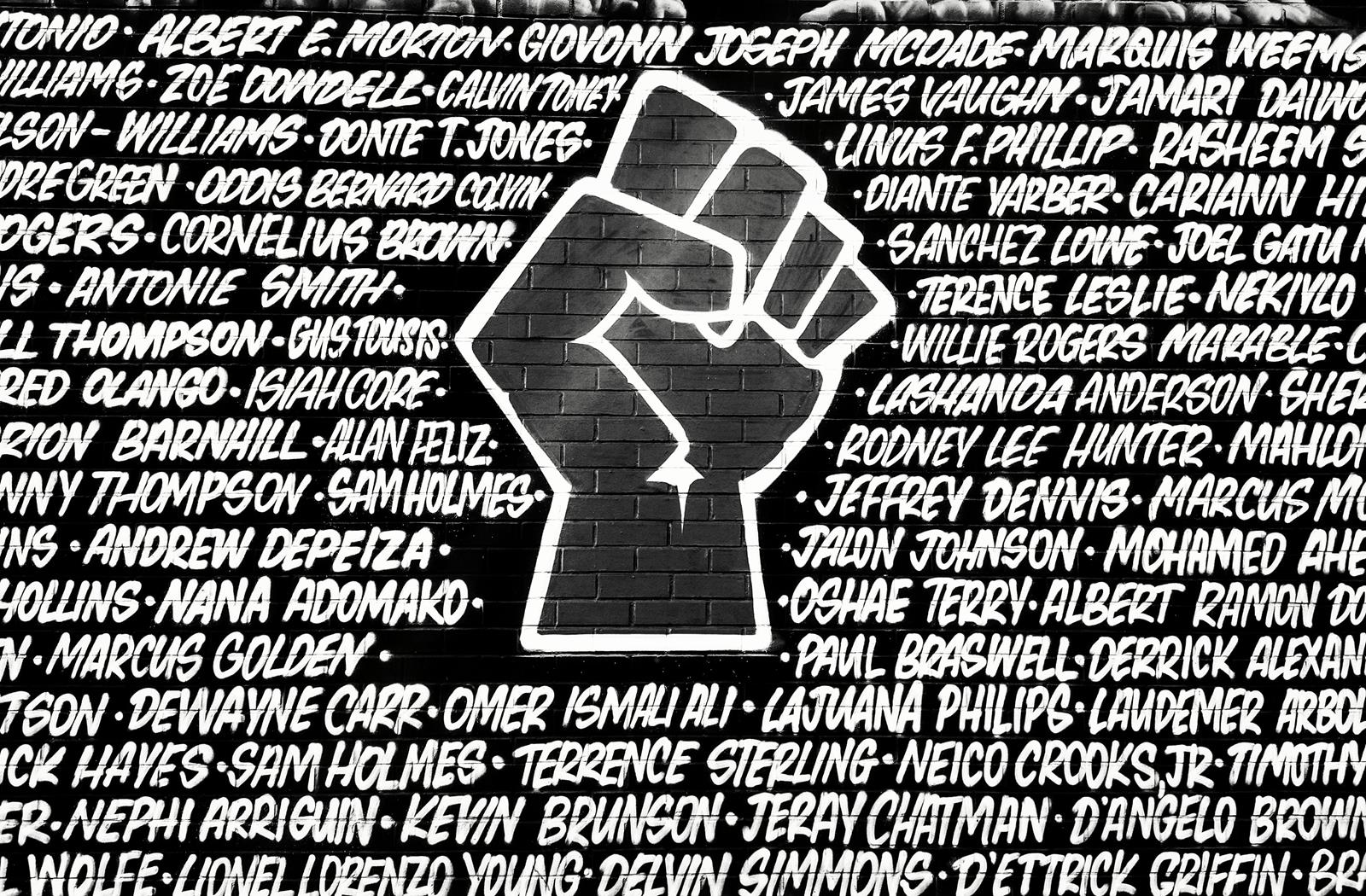The law is legal regulation created and implemented by governmental or social organizations to govern behavior, in the presence of its many varied definitions, a matter of longstanding disagreement. It can be defined as a human institution created by men for the purpose of social organization. It is recognized by a body of laws known as “casuistry”. It is practiced in different forms in different jurisdictions. For instance, it is practiced in the United States by the courts and is considered part of civil law. It is practiced in the political world in international agreements such as the United Nations.
Civil law includes laws that are not criminal, but merely civil, such as family law, probate laws, trusts, land grantor laws, and corporate laws. A criminal law jurisdiction is any jurisdiction in which the crime is tried to which the state has jurisdiction; such as felony, capital murder, rape, murder, armed robbery, arson, embezzlement, conspiracy, perjury, etc. Other jurisdictions, sometimes overlapping, include juvenile law, corporate law, and common law jurisdictions.
Civil law is generally a separate division of the legal system than criminal law. Although they often occur side by side, the two branches of the law do have some things in common. They are the system of laws which provide the basis for all other laws, including criminal law and proprietary law. Civil laws include accidents, actions for personal injury, contractual law, corporate laws, family law, estate law, trusts, property law, commercial law, intellectual property law, administrative law, family law, probate law, real property law, litigation law, family dispute law, malpractice law, credit law, and proprietary law.
Among the jurisdictions of the states in the U.S., the most common type of law is criminal law. However, civil and criminal laws are not exclusive to each other and can exist in conjunction with each other, or even be a part of a class of law altogether. There are four types of business law: contract law, foreclosure law, litigation law, and bankruptcy law.
The area of criminal law revolves around crimes that fall under the heading of torts, including: assault and battery, burglary, arson, auto theft, fraud, harboring, and murder. Tort law also includes a number of common law offenses, such as negligence, slander, professional misconduct, false arrest, false imprisonment, libel, and damages for loss of services, wages, and advantages. Historically, tort law was highly influenced by the country’s economic conditions.
Another area of the law that is as old as the United States is private property law. Private property includes: land, buildings, and personal possessions. Private property law is the body of law that safeguards individual rights to private property. Some of the more common questions that criminal defense lawyers end each case with are: who owns a particular parcel of property, what does that parcel have to do with the debt collection activities of the defendant, and whether or not there is any trespass on the defendant’s property.
One important branch of property law that is frequently confused with civil law is commercial law. Although it is the first kind of law to be established in the United States, commercial law actually falls under state jurisdiction. This means that, for example, McDonald v. Chicago, Ill., which involved a Chicago restaurant, and California v. San Diego, which involved a San Diego bookstore. Unlike civil law, commercial law does not require a trial, and judgment must be awarded on the facts of each case, which makes it much more complicated to understand.
In today’s world, criminal defense lawyers have a number of tools at their disposal to increase their chances of success in their cases. These include: expert witnesses, research, databases, and databases. Because each crime is unique, a lawyer needs to work closely with his or her client’s legal advisor to build a complete case by utilizing every available piece of information. The Internet has made it possible to access hundreds of resources regarding criminal defense laws, including cases of past and present. Because technology has helped criminal defense lawyers create effective methods of research and presentation, courts have become more accepting of the use of these tools.


